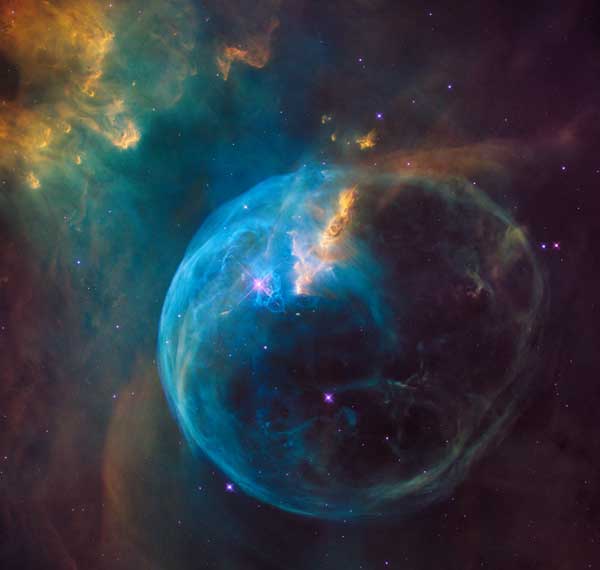NASA discovered a new outer planet HD 20794 d, a new super-Earth likely to be inhabited by humans

[Photo Credit to Unsplash]
29th of January 2025, HD 20794 d, an orbiting extrasolar planet with the potential of extraterrestrial life, was discovered in space approximately 20 light years away from Earth.
Planet HD 20794 d, identified by a joint research team including the University of Geneva in Switzerland and the Center for Planetary Science Research (NCCR PlanetS), has a mass 4.8 times that of the Earth, has an orbital period of 90 days, and considered as a ‘super-Earth’ a type of exoplanet that that may have potentially conditions suitable for life.
The new super-Earth, HD 20794 d, is about 19.7 light-years away from Earth, but this can be considered a relatively close distance to Earth by cosmic standards.
Super-Earths located nearer to Earth are advantageous of being easier to study than distant planets because their light signals are stronger.
A super-Earth is an exoplanet that is similar to Earth but has a mass 2 to 10 times that of Earth.
These planets are smaller than Uranus or Neptune and significantly larger than Earth, and with their thick and stable atmospheres and surfaces covered in water and ice, they are attracting attention as places where extraterrestrial life may exist or where humans will reside in the future.
Due to its unique elliptical orbit, HD 20794 d transitions between the outer edge of the Habitable Zone, also known as the Goldilocks Zone, to the inner edge, showing the possibility of an environment in which organisms can survive.
The researchers noted that because the planet falls within a habitable zone, there is theoretically a possibility that water could exist.
“In fact, planets like HD 20794 d are virtually unknown,” said Alejandro Suárez Mascareño, a researcher at IAC.
"HD 20794 d is not humanity's second home, but its location and unusual orbit provide an opportunity to study how conditions for habitability may change over time and what impact this may have on the planet's atmosphere." he further elaborated.
If it becomes evident that we really can live on HD 20794 d, this will provide an opportunity for humanity to find a new home when the Earth becomes difficult to live in in the future due to resource depletion or environmental problems, and we will pave the way for the creation a new ecosystem outside of Earth.
Human knowledge will be able to expand through various scientific research on the existence of life, gravity, and the atmosphere and furthermore, if extraterrestrial life or civilization is discovered on Super Earth, the possibility of humans interacting with life forms outside of Earth opens up which can bring tremendous progress to humanity through technological, cultural and philosophical exchanges.
Breakthroughs ub technological advancements in areas such as space navigation, habitation, and energy supply could accelerate Earth's technology to the next level with new industries targeting space getting developed.
With so many potential benefits of discovering another habitable planet, experts are eagerly looking forward to the results of planet HD 20794 d's future research.
Due to the discovery of this planet, it is expected that more super-Earths will be discovered in the future as new observation technologies and methods are developed with the expectations of discovering other habitable planets in the future.

- Jimin Jun / Grade 9
- Unjung Middle School

![THE HERALD STUDENT REPORTERS [US]](/assets/images/logo_student_us.png)
![THE HERALD STUDENT REPORTERS [Canada]](/assets/images/logo_student_ca.png)
